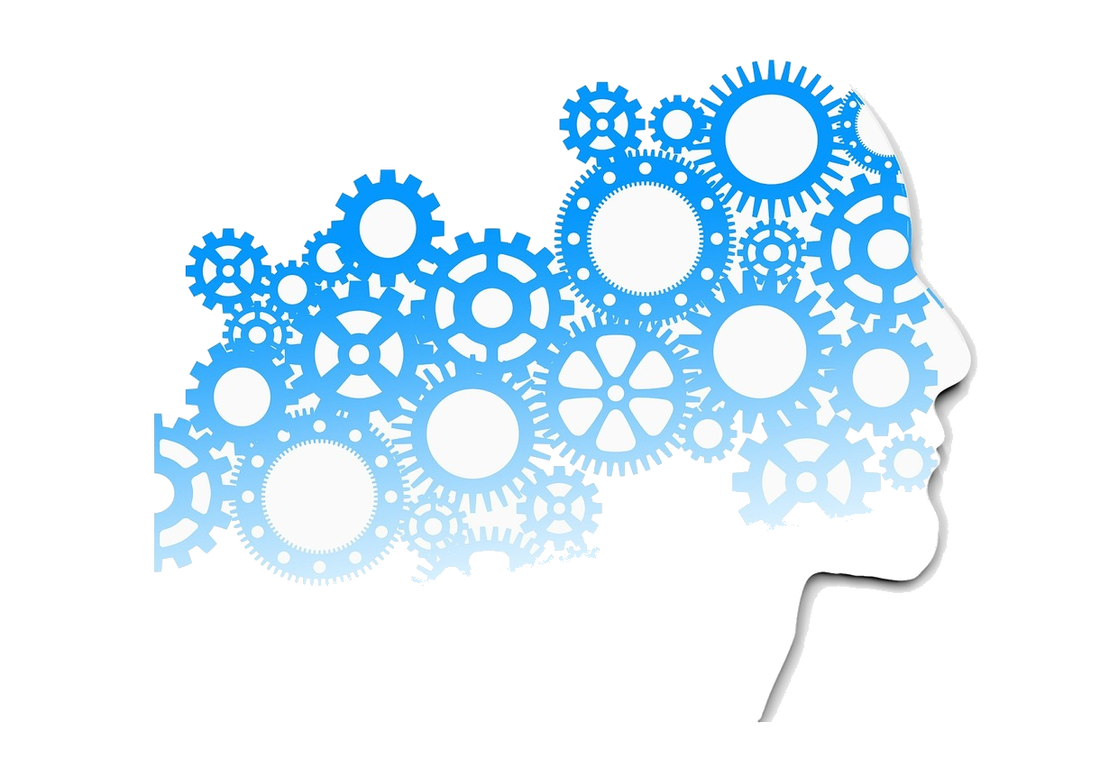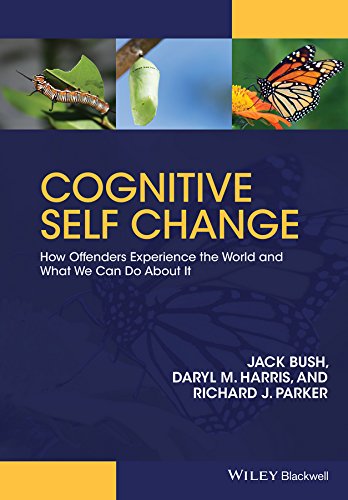About CSC
CSC is different from other cognitive programs for offenders.
CSC focuses attention on each offender’s personal and private thoughts and feelings at the times that they offend.
These personal (and private) thoughts and feelings are the keys to understanding why an offender acted as he did when he offended.
It’s these personal (and private) thoughts and feelings that need to change if an offender is going to stop offending in the future.
CSC establishes a meaningful personal connection between us (the program facilitators) and them (the offenders).
This personal connection doesn’t involve approval or tolerance of what an offender has done. It consists of our personal interest and curiosity about how each offender thought and felt when he offended, and of his willingness to tell us.
Without this personal connection, we will not know what an offender’s private thoughts and feelings are, and we won’t be able to help him change the way he thinks.
These personal (and private) thoughts and feelings are the keys to understanding why an offender acted as he did when he offended.
It’s these personal (and private) thoughts and feelings that need to change if an offender is going to stop offending in the future.
CSC establishes a meaningful personal connection between us (the program facilitators) and them (the offenders).
This personal connection doesn’t involve approval or tolerance of what an offender has done. It consists of our personal interest and curiosity about how each offender thought and felt when he offended, and of his willingness to tell us.
Without this personal connection, we will not know what an offender’s private thoughts and feelings are, and we won’t be able to help him change the way he thinks.
No matter how much we disapprove of their offending actions - their crimes have hurt other people, sometimes horribly, and we don’t minimize that. Instead, we adopt an attitude toward offenders that allows us to work with them to help them change.
The attitude of CSC facilitators toward offenders is based on three principles:
We can lock them up, and we can punish them, but how they react in their own mind to being locked up and punished is in their control, not ours.
Acknowledging this fact is what we mean by “Respect.”
CSC aims at hard-core offenders.
We don’t pick out offenders for treatment who are already motivated to change (or as counselors sometimes put it, those who are “ready to change”). We challenge even the most hard-core and the most defiant offenders to look at themselves honestly, to recognize that change is possible no matter who they are and no matter what they have done, and we challenge them to make a conscious and deliberate choice about how to live the rest of their lives.
We don’t try to make offenders change. We teach them how to change.
- Objectivity. We suspend our judgment about right or wrong—the good or evil of their offending actions—and we ask offenders to do the same. We create a shared space between us where they can tell us, and we can understand, the ways of thinking and feeling that lead them to offend. [This is not confidentiality. We don’t keep secrets.]
- Curiosity. We present ourselves to offenders as being curious to find out how they think and feel—not as “experts” who understand them better than they understand themselves.
- Respect. We don’t approve of offenders’ hurtful behavior but we respect them as human beings, who have the freedom and ability to think as they choose—no matter what we try to do about that.
We can lock them up, and we can punish them, but how they react in their own mind to being locked up and punished is in their control, not ours.
Acknowledging this fact is what we mean by “Respect.”
CSC aims at hard-core offenders.
We don’t pick out offenders for treatment who are already motivated to change (or as counselors sometimes put it, those who are “ready to change”). We challenge even the most hard-core and the most defiant offenders to look at themselves honestly, to recognize that change is possible no matter who they are and no matter what they have done, and we challenge them to make a conscious and deliberate choice about how to live the rest of their lives.
We don’t try to make offenders change. We teach them how to change.
|
CSC is taught in 4 steps:
|
|
CSC starts with Thinking Reports.
We teach offenders how to look back at the time they have offended and identify the exact thoughts and the feelings that were going through their minds at the time. We teach them how to report these thoughts and feelings exactly as they felt and thought them in their mind, without excuses and without blame. We teach them how to imagine new ways to think. We teach them how to put new thinking into practice in their lives. The keys to teaching CSC are objectivity, curiosity, and respect. |
Training
|
The copyright for CSC is owned by Jack Bush, but he has made it freely available, meaning that jurisdictions can use it without paying any licensing fees. While it is possible to set up and run CSC without outside assistance, in practice this can be difficult.
Jack, Richard and Daryl are all available as consultants to assist in setting up or ongoing maintenance of CSC. |
In addition to training, supervision can be arranged by videolink, telephone or (where feasible) through site visits.
Resources
Cognitive Self Change Facilitators’ ManualAn interactive manual for Cognitive Self Change facilitators is available through: iTunes A more basic version is available free from this website: CSC Manual 2014 Printable.pdf Cognitive Self Change: How offenders experience the world and what we can do about it
This book outlines the elements of Cognitive Self Change and the theory and philosophy behind the program. It is available from Amazon and many other booksellers: http://www.amazon.com/Cognitive-Self-Change-Offenders-Experience/dp/0470974818 |
Cognitive Self Change: Participants’ Manual
A manual for participants in Cognitive Self Change is available here: Participant handbook
|





